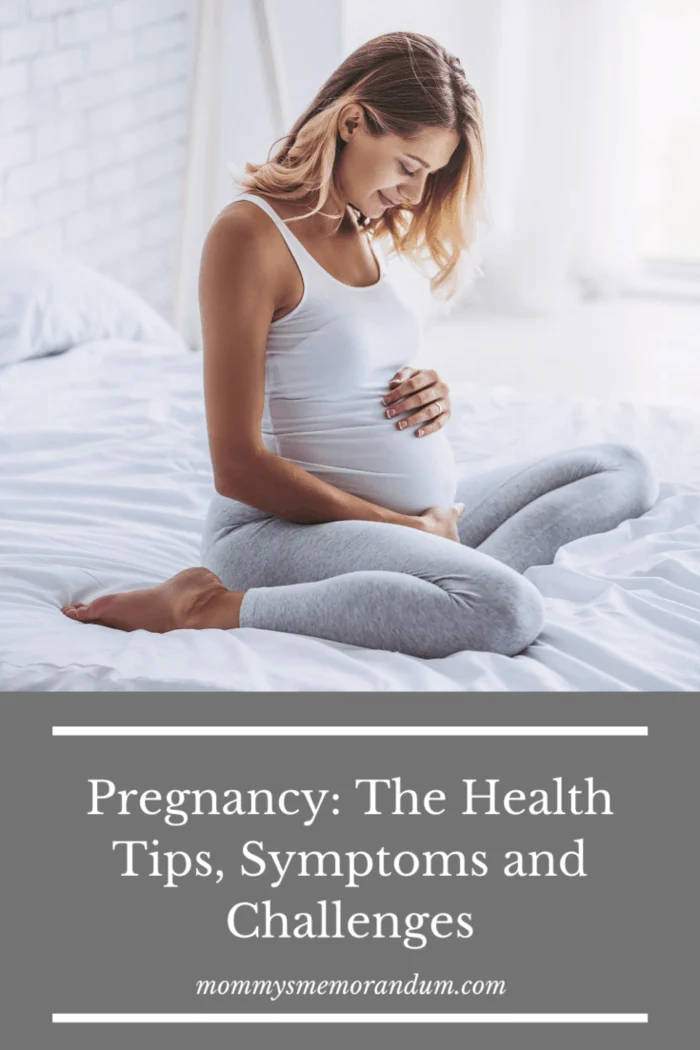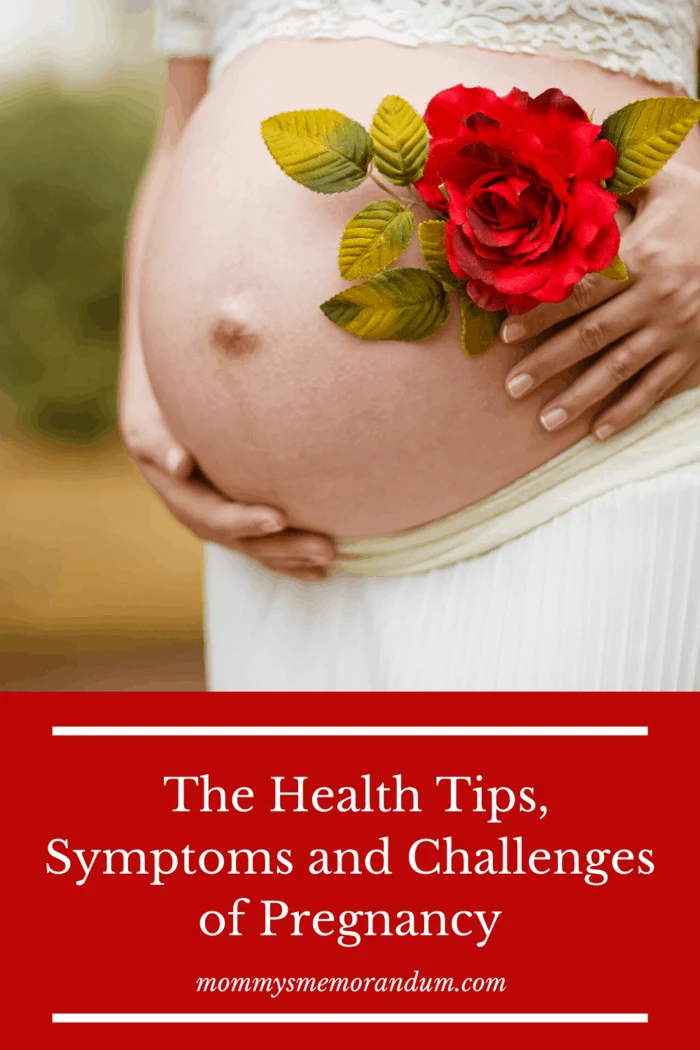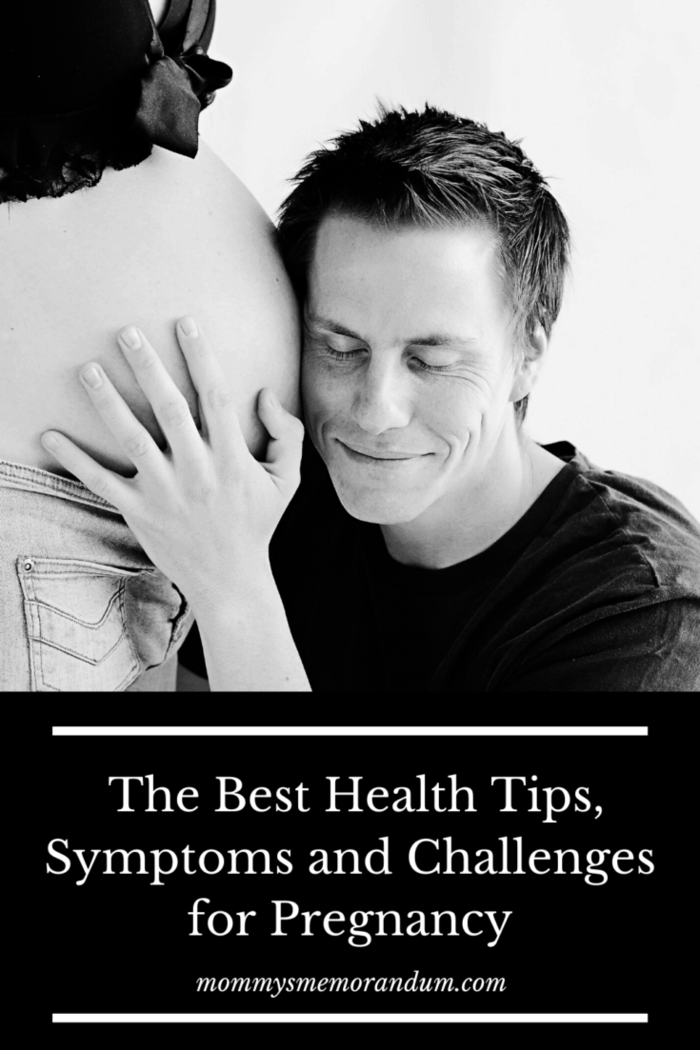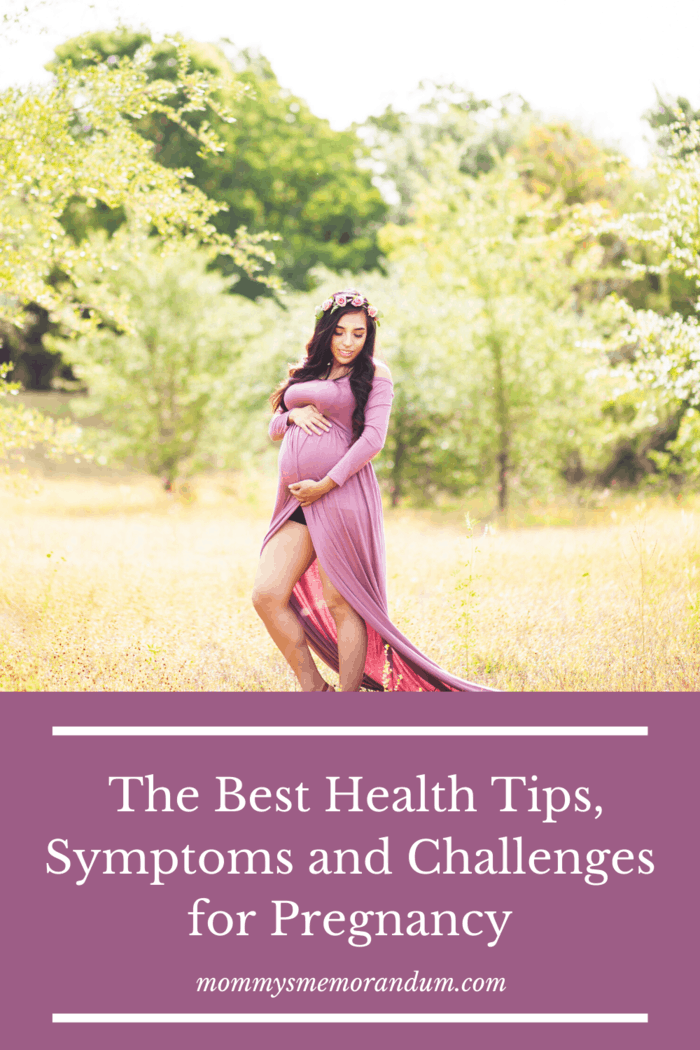A full-term pregnancy lasts 40 weeks on average.
During these weeks, expecting moms face many health problems.
While many of these problems could be bothersome yet non-serious, others could seem casual but are dangerous.
If it is your first pregnancy, understanding the signs and symptoms could be challenging and confusing.
KidsHealth.org mentions some pregnancy symptoms, challenges, and health tips that could help you deal with problems that pregnancy brings along:
Pregnancy Health Tips, Symptoms, and Challenges
1) Increased frequency of Urination:
Right from the start of pregnancy, your urinary patterns start to show changes; most women experience an urge to urinate more than usual.
Though it is one of the most commonly experienced pregnancy symptoms, one can’t do much more than just going to the bathroom repeatedly.
Health Tip:
One might think drinking lesser water could help the situation, but that is not true!
Drinking lots of water is essential for you and the baby.
However, if you experience burning, stinging, or back pain while urinating, it could be a urinary tract infection.
Call your healthcare provider to avoid further complications.

2) Leg and Foot Cramps
Did you know that 50% of moms get leg cramps during pregnancy?
Most women experience these cramps during sleep time.
The second half of the pregnancy brings along this unpleasant and painful symptom.
Leg cramps have no specific reason, and they mostly go away after you deliver.
Health Tip:
Keeping your leg straight while pulling your toes back towards your knee can ease the cramp.
In case the cramp persists- stand up straight on the floor; this stretches the leg and lets the cramp pass easily.
Performing this stretch regularly before going to bed could prevent the cramp in sleep.

3) Heartburn and Indigestion:
Indigestion is one of the most prevalent and annoying complaints in pregnancy.
Some pregnancy hormones could relax the valve between your stomach and throat, resulting in uncomfortable returns.
This happens when stomach acid leaks out and gives you heartburn.
Going to bed after a big meal could often give you the worst heartburn.
Discussing this with your doctor could be a great idea; experienced obstetricians would already recommend a pregnancy-approved antacid to manage your condition.
Health Tips:
Eat small and light meals while avoiding greasy and spicy foods.
Include cooling agents like milk or yogurt to prevent and relieve heartburn.

4) Constipation and Hemorrhoids
Often during pregnancy, your bowel motions are hard and difficult to pass.
Over 40% of women report symptoms at some stage of their pregnancy, common in the 1st and 2nd trimesters.
Untreated constipation can lead to hemorrhoids.
Also known as piles, hemorrhoids are the swollen veins around your bottom.
Over-the-counter laxatives like psyllium husk mixed with water or juice can relieve the condition.
Some ways of relieving constipation and related symptoms could be:
Increasing fiber intake with foods like wholegrain bread and cereals, fresh fruit and vegetables, nuts, and dried fruits.
Consuming 6 – 8 glasses of water every day.
Including light exercises to your routine like walking and swimming
Health Tip:
In case of swelling and hemorrhoids, a cold pack or an ice cube wrapped in a tissue can help you reduce inflammation and pain.
If you cannot consume plain water, add some citrus fruits to your regular water, this helps you boost your water intake.

5) Varicose veins:
Varicose veins usually appear as puffed, knotty, blue veins that may occur on your legs and genital area during pregnancy.
Pregnancy hormones can lead to the temporary yet painful development of varicose veins.
Health Tips:
Reduce your standing hours,
Correct your sitting posture, and don’t sit with crossed legs,
MedicalNewsToday.com suggests you keep your legs higher and above than the rest of your body while sitting and lying down,
Regular exercises such as walking or swimming and pelvic floor.
6) Swelling
Pregnant women experience swelling, also called edema, in the legs, ankles, feet, face, and hands.
This is caused by the body producing 50 percent more blood and fluids to accommodate the growing baby in the pregnant woman’s belly.
Another cause of swelling is the pressure the expanding uterus puts on the mother’s lower trunk.
Swelling during pregnancy can be painful and comfortable.
Still, it can be reduced, according to MedicalNewsToday.com, by getting proper rest, eating more potassium-dense foods (like bananas), avoiding caffeine, and wearing maternity compression garments.
Health Tips
Avoid standing or sitting for too long.
Rest once in a while with your feet elevated. If you’ve been sitting down for several hours, stretch your legs and rotate your feet.
Consult your doctor about wearing compression stockings from vimvigr.com or other supportive garments to reduce leg swelling during pregnancy.
Eat a healthy, well-balanced diet fit for pregnant women.
Avoid eating food and drinks with too much salt (ask your doctor about how much is too much) and any caffeine content.
Enjoy your pregnancy and implement these pregnancy health tips to overcome the challenges of your changing body.
